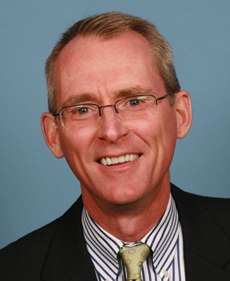A Quote by Craig Venter
When you think of all the things that are made from oil or in the chemical industry, if in the future we could find cells to replace most of those processes, the ideal way would be to do it by direct design.
Related Quotes
The majority of America's colossal fortunes have been made by entering industries in their early stages and developing leadership in them.... Think of what opportunities the present and the future contain in such fields as ship-building and ship-owning, aircraft, electrical development, the oil industry, different branches of the automotive industry, foreign trade, international banking, invention, the chemical industry, moving pictures, color photography, and, one night add, labor leadership.
Part of what the food industry does with public relations, just like the chemical industry or the oil industry, is to try to erase their fingerprints from their messaging. So when consumers hear about a recent effort like the "food dialogues" put on by a group called the US Farmers and Ranchers Alliance, do they know necessarily that these "dialogues" are being funded by companies like Monsanto, a large chemical company and the controller of most of the patents on genetically modified seeds? No, they don't.
There seems to be something in the zeitgeist, and maybe it's a function of - I'm no analyst, nor am I a psychologist - when you look at things and say, What if I could go back and change things? I think we live in a world right now where people are asking those questions a lot. What if we could go back and change what we did? How would we change the way we handled things in the Middle East, and how would we change things with the banking industry, and how would we change economic and educational issues?
I basically don't think that the way we do things is that dependent on one resource, such as oil. There can be different kinds of engines for cars. I think that solar heating, wind heating can substitute for a lot of uses for oil. I'd like to see those things happen because they are more sustainable in any case. But I do not think that running out of oil is not going to bother us that much. I think we have got to be rescued by something or we really are going down a slippery slope.



































